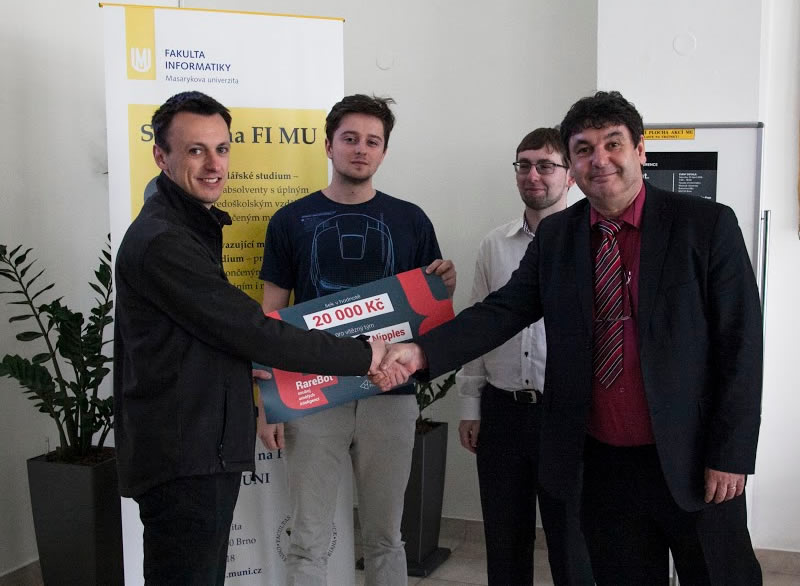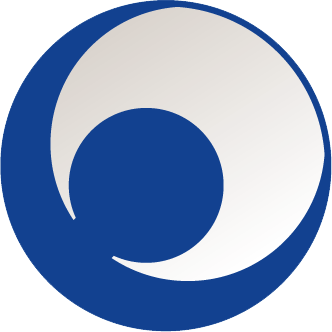RaRe Technologies is deeply rooted in the open source community and we are always seeking out opportunities to dedicate our experience and time to the next generation of computer scientists. Often the first step is to connect ambitious students to the resources they need to truly make an impact with hands-on projects and mentorship. These up and coming students have inspired us to launch a few cool initiatives for 2016 that involve student projects and competitions.
Google Summer of Code
In collaboration with NumFOCUS, a nonprofit that supports and promotes world-class open source scientific software, RaRe Technologies is participating in this year’s Google Summer of Code (GSoC) with our own Director, Radim Řehůřek, and gensim Community Manager, Lev Konstantinovskiy, as program leads and technology mentors. GSoC is a program that began in 2005 with just over 400 students. This year Google has funded 1197 projects for 178 open source organizations who benefit from the active involvement of new developers. Over 2000 mentors from 100 countries will also lend their time within this summer’s program worldwide!
The program allows students to submit an application for consideration which includes an outline of a specific project which they will develop using an open source platform. Oh, and for those who are accepted in the program, they receive payment for their project work!
“This is a great program offering students the opportunity to make an impact and receive mentorship at the same time,” said Lev, RaRe Technologies’ lead GSoC instructor. “Our development focus is Python data science projects adding new features to gensim. We are excited to welcome Bhargav Srinivasa as our GSoC student, a very enthusiastic and talented person. He is working on adding a very important feature of Dynamic Topic Models to gensim.”
Take a read through the proposal that won Bhargav RaRe Technologies’ GSoC spot on GitHub and make sure to follow his progress as he posts on our blog.
The RaRe Technologies Incubator Project
Our student incubator at RaRe is a program where students work directly with our experienced computer scientists on a range of activities. Whether its progress on their thesis or simply a project they are passionate about, students will complete the program more confident in their skills and make invaluable industry connections. Recently launched, the incubator is ongoing but with exclusive limited space as it provides students a unique mix of academic mentorship, project work and technical training. It is a highly selective program which offers up ample collaborative experience in data science and machine learning.
RaRe collaborates with students on both general open source and thesis projects. In fact, some students use this as a 1-3 month intensive to expand on their data science skills and refine them while working with our team. Academic partners for the program include the University of Buenos Aires, Czech Technical University in Prague, Technical University of Denmark, and Faculty of Informatics at Masaryk University at the moment.
“At RaRe, I worked on a Recurrent Neural Network model. The work was very creative, experimental and scientific, yet at the same time very practical,” said Šimon Pavlik, student at Czech Technical University in Prague and RaRe Incubator participant. “I became part of a great team and experienced the work-flow of a project with many people involved.”
Devashish Deshpande, is one of the students currently enrolled in our incubator program. He is in the middle of the program implementing Topic Coherence metrics in gensim. You may follow his project updates via his blog posts. Interested in applying for our student incubator? Take a look and see if you may be a fit for this competitive program!
Our Machine Learning and AI Competitions for Students
With collaborative support from the Faculty of Informatics, Masaryk University, Czech Republic, we recently named the winners of our first student competition in machine learning. RareBot launched in March of 2016 as our 30-day competitive sprint for students who were tasked with building their own intrusion detection system (IDS) and testing their skills against other teams.
The technology parameters were to choose between the following languages in their project – Python, C, C++, Java (or any JVM language), JavaScript, PHP, Bash or Ruby. Teams focused on detecting suspicious user behavior and worked with anonymized real industry data.
The winning team shown received a scholarship reward and included the following students: Filip Široký, Josef Šamánek and Patrik Sterčo presented with Professor Sojka.

Professor Sojka from the Faculty of Informatics, Masaryk University, and our own Jan “Jimmy” Rygl, R&D at RaRe Technologies presents two students from the winning team with the scholarship reward check.
 RARE Technologies
RARE Technologies